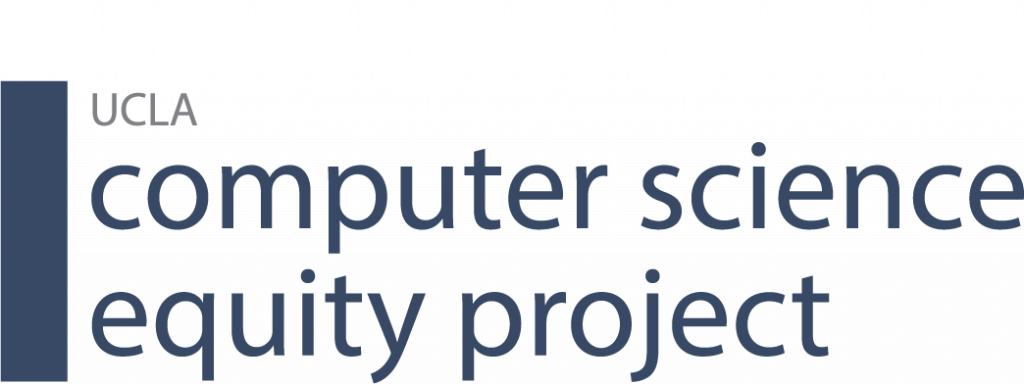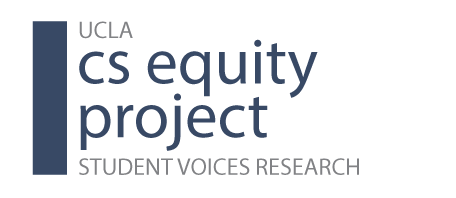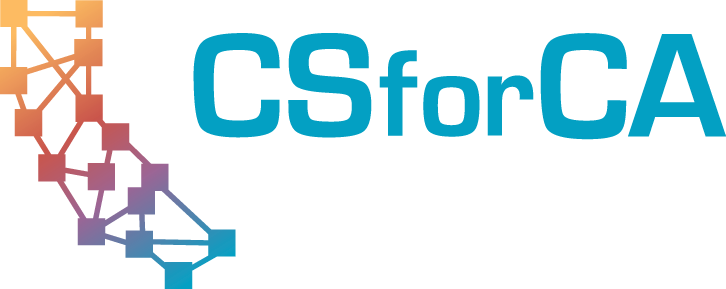By Julie Flapan, EdSource
Nearly three years into Covid, we’re adjusting to this prolonged liminal state of neither fully in the pandemic nor completely free from it.
This gray area is difficult to navigate, but this in-between reality offers some useful lessons from an unlikely source: computer science. As a computer science equity advocate, I understand how “ones” and “zeros” are the underpinning of computer languages.
While binary thinking may be a useful tool to simplify computing data and create code, our polarized society shows either/or thinking has limited value “IRL” (in real life). Relying only on two opposing extremes leaves us ill-equipped to tolerate ambiguity and embrace complexity as we work to build a more equitable future.
Unfortunately, we don’t teach these skills enough in school — but we should. A computer science education can help students practice critical thinking, collaboration and creativity. Expanding computer science learning opportunities to the diversity of California’s students can help close the digital divide and create opportunities for more people to participate in the digital economy. And, it can equip students to harness technology to solve real-world problems, but only if they are taught a nuanced approach that examines the ethical implications on society.





